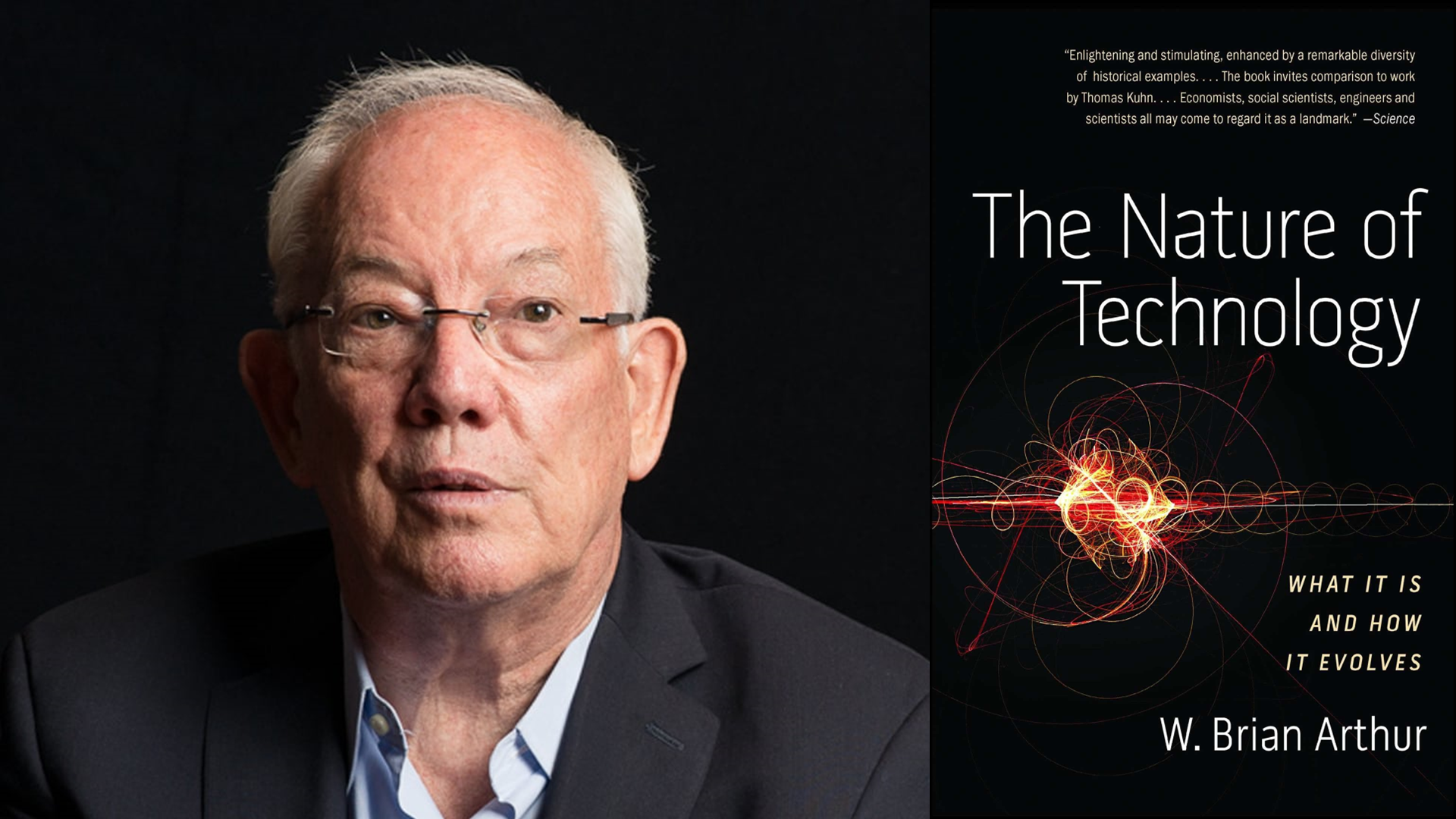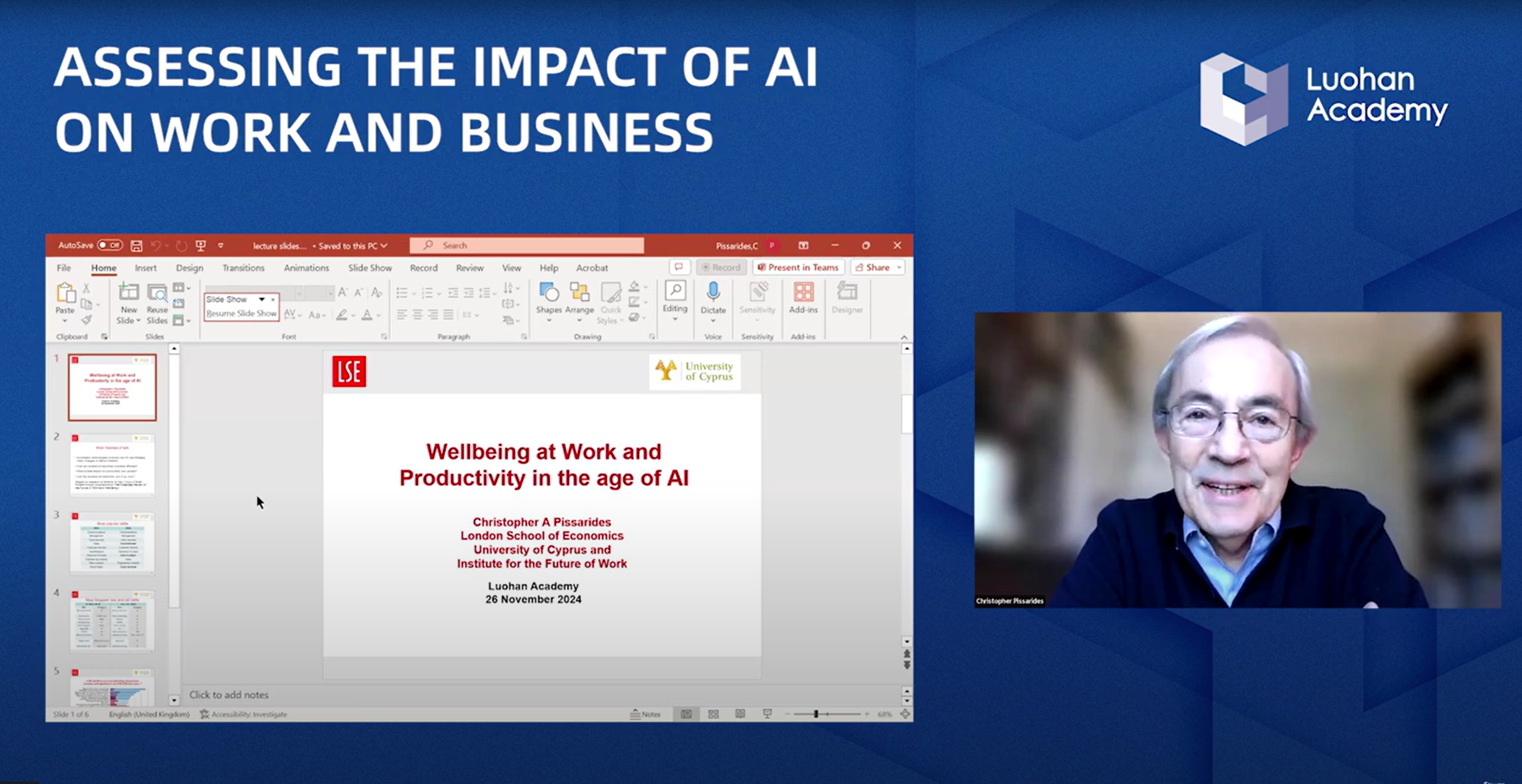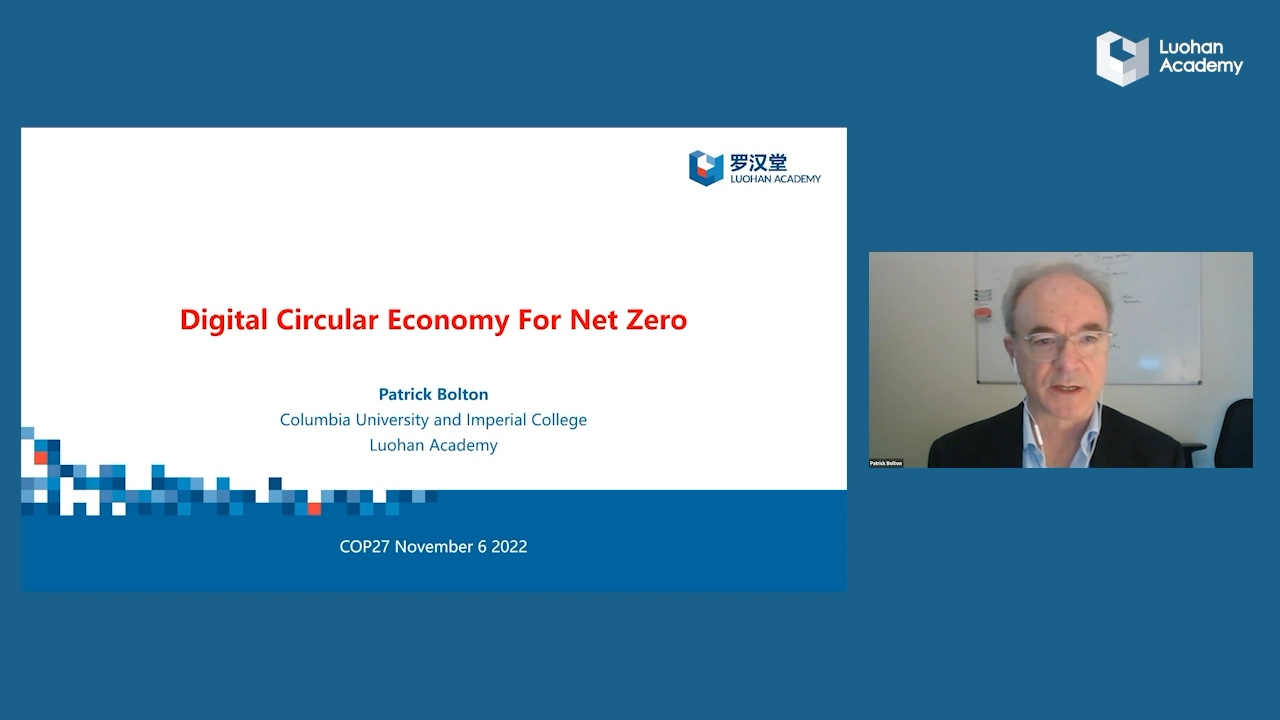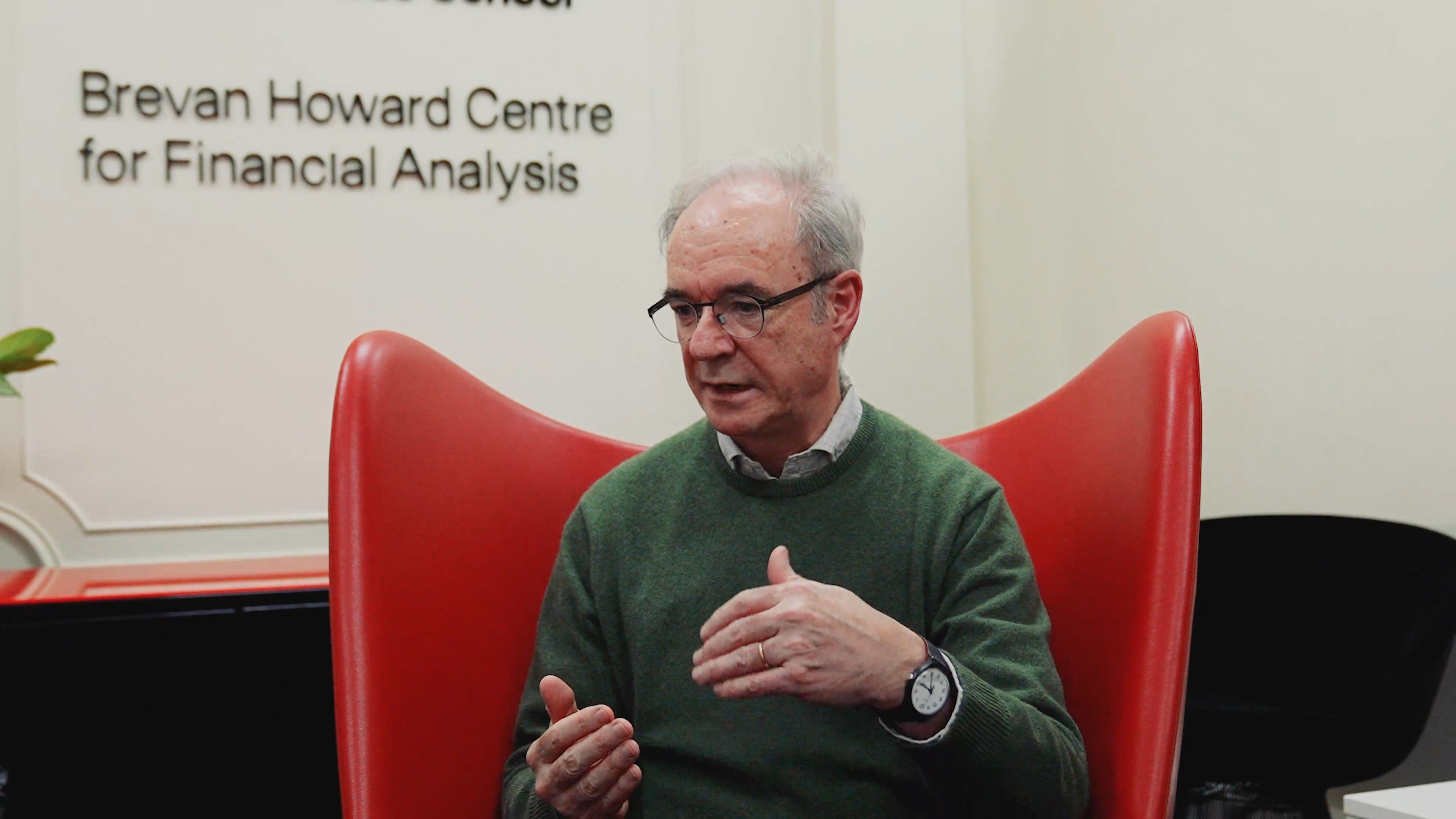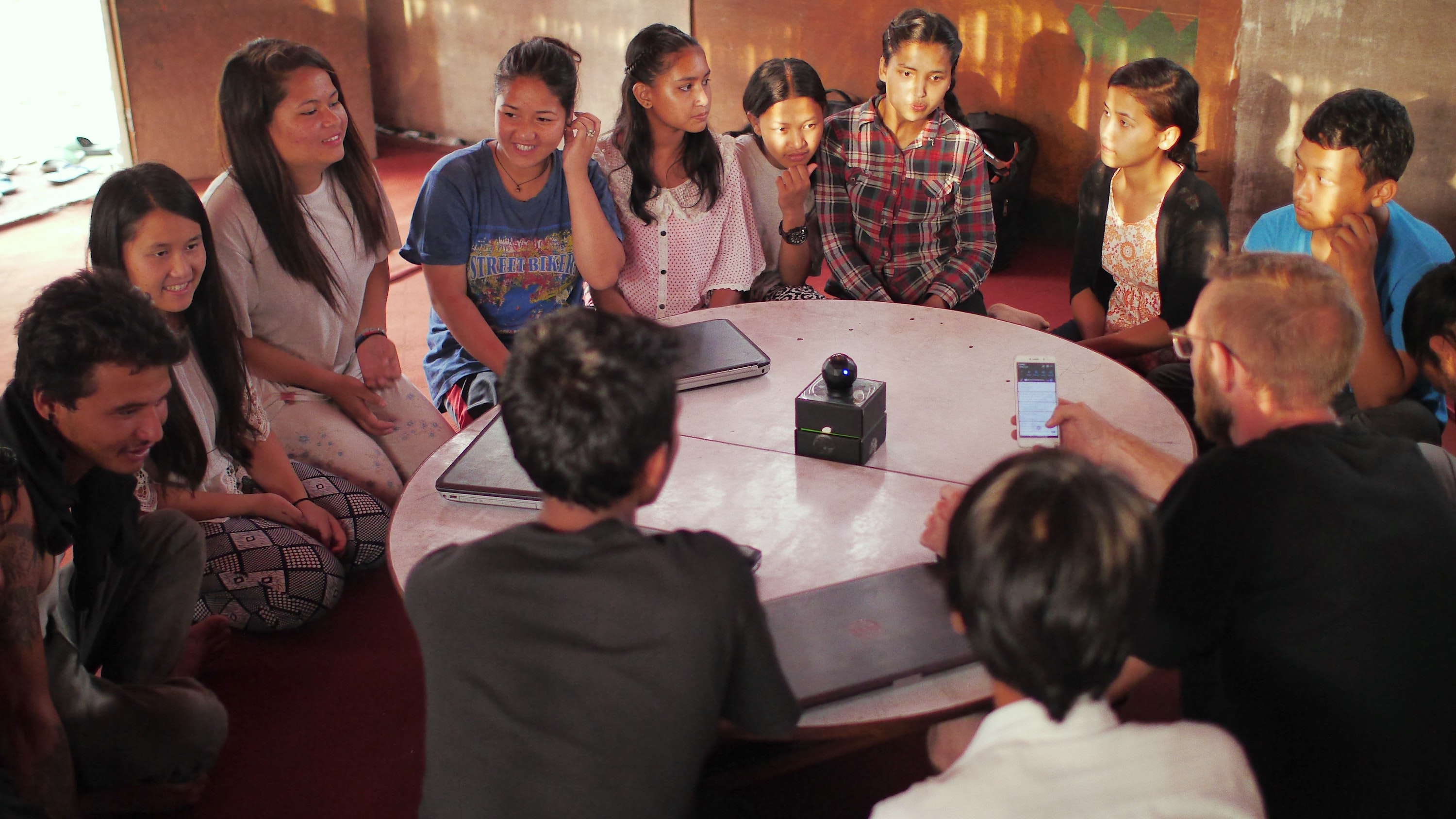1. Micro-information economics and asymmetric information
2. Central bank digital currency
3. Blockchain helps reduce the problem of information asymmetry
Information is a new the "collateral"
4. The impact of blockchain on contracts and corporate organizations
Smart contracts improve the efficiency of performance and reduce risk
Blockchain will improve cooperation between institutions
5. Blockchain, inequality and signaling mechanisms
Blockchain will change the signaling mechanism
Ruobing Han is an Economics Ph.D. candidate at Standford University and an intern at Luohan Academy.






